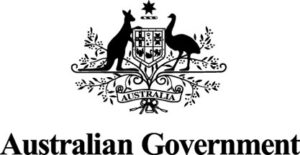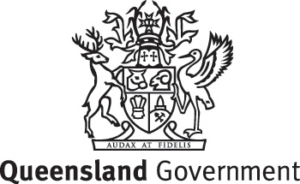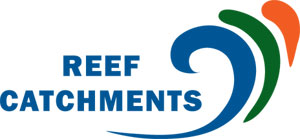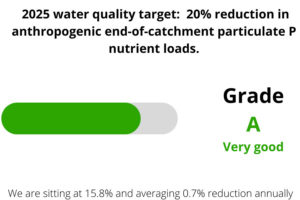Congratulations to our region for making a difference, keep up the great work!
The Reef Water Quality Report Card 2020 released in April 2022, details progress towards the Reef 2050 Water Quality Improvement Plan (Reef 2050 WQIP) targets up to June 2020. A brief snapshot of the report card reveals that land management practice improvements made by landholders are having a positive impact. Reef Catchments has been working with growers to protect the Reef as well as maintaining landholders productivity and profitability.
Overall, results for the Mackay Whitsunday region have shown continual progress toward the Reef 2050 WQIP targets using important models as part of the Paddock to Reef Monitoring, Modelling and Reporting Program (Paddock to Reef) Yet, as we approach the halfway point towards two critical water quality improvement targets, a 70% reduction in dissolved inorganic nutrients and a 20% reduction in sediment end-of-catchment loads, it is evident that we still have more work to do.


Improved land management practices in the Proserpine, O’Connell, Plane, and Pioneer catchment areas are the driving forces behind reaching our region’s 2025 Water Quality Improvement targets. Adopting best management practices in sugarcane nutrient and mill-mud handling helps to reduce nitrogen surplus and mitigate end-of-catchment dissolved inorganic nitrogen loads. Improving grazing practices with activities such as increasing ground cover, matching stocking rates to land carrying capacity, and reducing stock access to streambanks all aid in the reduction of end-of-catchment fine sediment and particulate nutrient loads. With regards to pesticide use, some catchments (Proserpine and O’Connell) are doing better than others (Pioneer and Plane); however, considerable improvements are necessary in order for our region to meet our pesticide target.
The Sandy Creek river system had the lowest level of species protection, with only 66.6% of acquatic species unlikely to experience the harmful effects of pesticides. The Sandy Creek catchment occupies 20,500 hectares with 350 cane farms that make up 50% of the catchment area. As a result of improved farming practices such as equipment upgrades and improved pesticide management plans this particular river system has seen a significant improvement in the water quality. A decrease in the use of pesticides has resulted in a decrease in pesticide presence in the Sandy Creek catchment area. Here is more information on our Sandy Creek project.
The most common concerns among farmers across the Great Barrier Reef regions before participating in projects are around production and profitability, followed closely by weather and seasonality. More than 80% of landholders who were engaged in practice change projects in 2019-2020 agreed that practice changes were a positive thing to do on their farm. With approximately 88% of farmers agreeing that the farming practice changes such as altering fertiliser management were easy to do on their farm. Their main motivators now include increased profitability, production and regulation compliance.
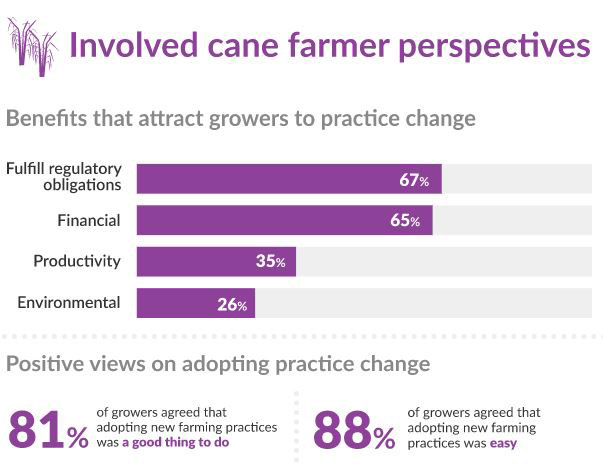
Not to be confused with the Regional Report Card, the Reef Water Quality Report Card is used to measure progress towards the Reef 2050 WQIP targets, objectives and long-term outcome. Data is collected through the Paddock to Reef program and used to determine the success of actions taken as well as to identify further measures required to address water quality in the Great Barrier Reef.
Reef Catchments works with landholders to contribute positively to our region’s 2025 Water Quality Improvement Targets. If you would like to be involved please contact us.
Phone: (07) 4968 4200; Email: reception@reefcatchments.com.au
